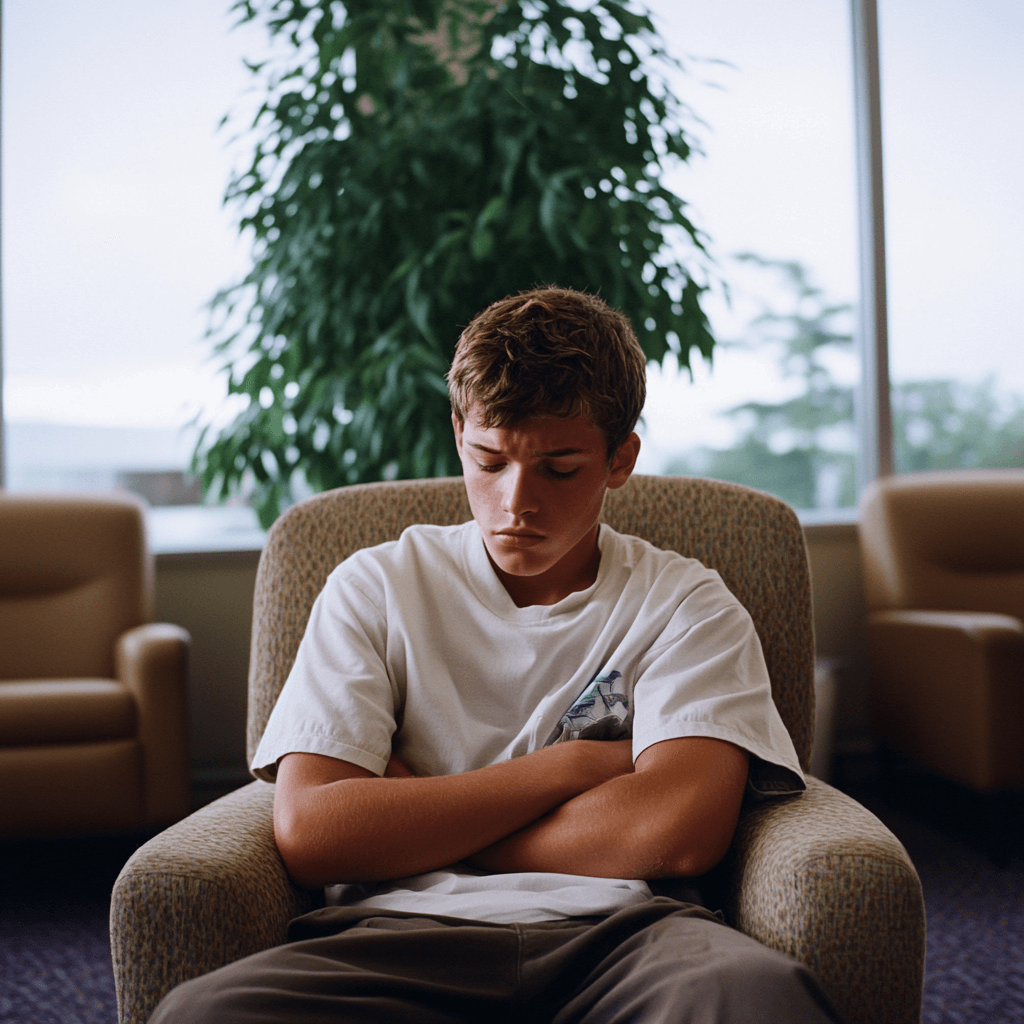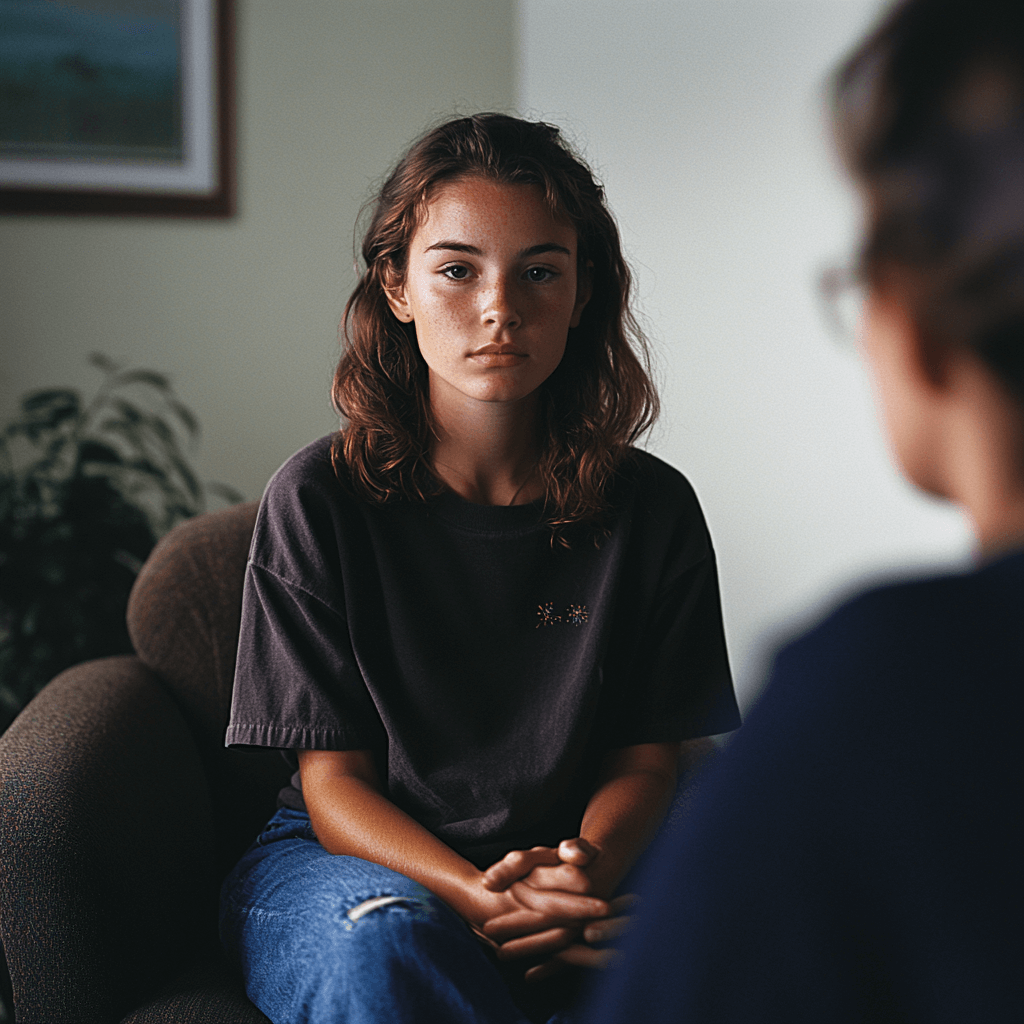What is Trazodone?
Trazodone is used to treat depression. Trazodone is in a class of medications called serotonin modulators. It works by increasing the amount of serotonin, a natural substance in the brain that helps maintain mental balance. Among people in recovery from alcohol use disorder, trazodone is the most commonly prescribed medication used to manage sleep disorders. However, the risks of trazodone addiction may outweigh the benefits.
One study found that once alcohol detox is complete, continued trazodone use for sleep management may contribute to increased drinking. The study further noted that until more studies have established the benefits and safety of the drug for sleep disturbance, they cannot recommend with confidence its use for this purpose after the initial detox period ends. [1]
The problem of addiction to psychoactive substances (SPA) is an important aspect of modem psychiatric treatment. This is due to the increasing number of addicts and reducing their increasing age. It is estimated that in the United States in 2006, people aged over 12 years of meeting criteria for dependence on SPA was 20-25 million. Other statistics report that in the same age group over the last year contact with these substances was 8-10 percent of the U.S. population.
Therefore, it becomes an important issue the appropriate therapeutic treatment of addicts. The result of the search of drugs that help people to alcoholism treatment programs were studies involving trazodone. Counted among the SARI (serotonin reuptake inhibitor and antagonist), shows antagonism to serotonergic receptors (5-HT2 receptors), while an inhibitor of serotonin reuptake. Its performance was analyzed in individuals dependent on alcohol, benzodiazepines, and opiates, as well as mixed addictions. Also raised the problem of the influence of trazodone on the experience of pain, which may be helpful in relieving withdrawal symptoms.
The data show a positive effect of trazodone in individuals addicted to the SPA, although the mechanism by which trazodone works in the body is very complex and not yet fully understood. Its advantage is the relatively small panel of side effects. Although many of the analyzed studies were not placebo-controlled, the results are so promising that you can recommend on the basis of trazodone therapy in individuals addicted to the SPA. [2]

Trazodone Side Effects
Trazodone may cause side effects. Tell your doctor if any of these symptoms are severe or do not go away:
- Headache
- Nausea
- Vomiting
- Bad taste in mouth
- Diarrhea
- Constipation
- Changes in appetite or weight
- Weakness or tiredness
- Nervousness
- Decreased coordination
- Tired, red, or itchy eyes
- Ringing in ears
- Numbness, burning, or tingling in the arms, legs, hands, or feet
- Dizziness or lightheadedness
- Feeling unsteady when walking
- Decreased ability to concentrate or remember things
- Confusion
- Nightmares
- Muscle pain
- Dry mouth
- Rash
- Sweating
- Changes in sexual desire or ability
- Uncontrollable shaking of a part of the body
Some side effects can be serious. If you experience any of the following symptoms or those listed in the IMPORTANT WARNING or SPECIAL PRECAUTIONS sections, call your doctor immediately or get emergency medical treatment:
- Chest pain
- Fast, pounding, or irregular heartbeat
- Loss of consciousness (coma)
- Fainting
- Seizures
- Shortness of breath
- Unusual bruising or bleeding
Trazodone can cause painful, long-lasting erections in males. In some cases emergency and/or surgical treatment has been required and, in some of these cases, permanent damage has occurred. Talk to your doctor about the risk of taking trazodone. [3]

Trazodone may cause other side effects. Call your doctor if you have any unusual problems while taking this medication. If you experience a serious side effect, you or your doctor may send a report to the Food and Drug Administration (FDA).
Trazodone Warnings
You should know that your mental health may change in unexpected ways when you take trazodone or other antidepressants even if you are an adult over age 24. You may become suicidal, especially at the beginning of your treatment and any time that your dose is increased or decreased. You, your family, or your caregiver should call your doctor right away if you experience any of the following symptoms:

- New or worsening depression
- Thinking about harming or killing yourself, or planning or trying to do so
- Extreme worry
- Agitation
- Panic attacks
- Difficulty falling asleep or staying asleep
- Aggressive behavior
- Irritability
- Acting without thinking
- Severe restlessness
- Frenzied abnormal excitement
Be sure that your family or caregiver knows which symptoms may be serious so they can call the doctor when you are unable to seek treatment on your own. Your healthcare provider will want to see you often while you are taking trazodone, especially at the beginning of your treatment. Be sure to keep all appointments for office visits with your doctor.
Trazodone Overdose Symptoms
If the victim has collapsed, had a seizure, has trouble breathing, or can’t be awakened, immediately call emergency services.
- Vomiting
- Drowsiness
- Changes in heartbeat
- Seizures
- Difficulty breathing
- Painful erection that does not go away
Can Trazodone Be Abused?
Trazodone is a prescription drug used to treat major depressive disorder and, in certain cases, insomnia. Although it is generally safe and effective, Trazodone can still be misused and addiction or dependency may occur. Patients who do not follow specific instructions while taking the medication risk experiencing withdrawal symptoms or overdosing. There are many options available for treating Trazodone use disorder and dependency. [4]
Signs of Trazodone Addiction
In a survey conducted in 2015, the Substance Abuse and Mental Health Services Administration (SAMHSA) found that 18.9 million Americans aged 12 and older misused prescription drugs in the past year. About 1 percent of Americans aged 12 and older had some prescription drug abuse. [5] If you become addicted to a prescription drug, reach out to us because we may be able to help you explore prescription drug addiction treatment options.
If you have developed a tolerance to your medications, you may find yourself taking more pills than necessary. In some cases, you may take too many pills for longer periods. You may also find that the drug no longer gives you a “high” or provides the same effect on your body. This can push you to take larger doses. As a result, you might need more of the drug to feel normal.
Signs of Prescription Drug Addiction
- Taking medication that isn’t prescribed to you or misusing your medication
- Spending money on drugs even when money is an issue
- Hiding your drugs and always keeping a supply
- You use or want to use the substance regularly
- Sudden anger or aggression when sober
- You feel out of control
- You experience symptoms of withdrawal once you stop using the substance
- You try and fail to stop abusing prescription drugs
- People who have drug addiction often struggle to talk about how they feel. This is because drugs block out realistic information that can help them stop using
- You might need more and more drugs to feel high, which could mean that you have developed a tolerance for the drug you are taking
- If you have a drug addiction problem, it could cause a lot of problems with your relationships and make you feel anxious
- You do things that others think are strange or morally wrong to obtain the drug, like stealing or lying about things
Common and Severe Side Effects of Trazodone Addiction
Prescription drug misuse like trazodone addiction is a growing problem in the United States. There’s an increasing number of people abusing illegal drugs for their intoxicating effects to treat everyday ailments, rather than seeking professional medical care. If these drugs are not regulated or monitored by physicians, eventually, this can be problematic to society.
While some prescription drugs may enhance feelings of well-being and happiness in the short term, chronic abuse of these medicines can lead to physical and psychological dependence on them. Furthermore, the addiction to these drugs is going to be hard to overcome without appropriate outside intervention.
It is possible to overdose on these prescriptions drugs with little or no warning because you used to take them as medication at first. Moreover, symptoms of an overdose include fainting, confusion, nausea, and vomiting. In some cases, an overdose can lead to seizures and coma.
Treatment Options for Trazodone Abuse
Prescription drug addiction is a complex issue that requires long-term treatment – not a quick fix. The first step in overcoming prescription drug addiction is to seek help from your medical provider or a trained professional.
Clearing prescription drugs from the body and overcoming withdrawal symptoms is the goal of detox, which is the first step of treatment for prescription drug addiction.
If you are experiencing trazodone addiction, your very first step in recovery should be to medical detox in a safe and medically supervised setting. We Level Up TX detox center medically assist clients to clear their systems of addictive substances. At We Level Up TX, our thorough approach to rehabilitation supports several levels of care to ensure the best possible outcome for every client who enters our doors. From an intensive and more supportive atmosphere for those in the early days of recovery to a comfortable residential-style living dynamic upon completion of trazodone addiction detox, we are here to help guide you down the safe and results-based path to your sobriety. [6]

Once detox is complete, a new doorway in treatment opens up, which is referred to as a residential level of care. Our residential care program slowly and effectively introduces the individual into an atmosphere of therapeutic growth, marked by Master’s level therapists, clinicians, group counselors, psychiatrists, and a community of like-minded individuals with the same aim: to attain sobriety and live a great life.
Make this your opportunity to reclaim your life. Call today to speak with one of our treatment specialists.
Sources:
[1] Trazodone for Sleep: Everything You Need To Know – https://www.webmd.com/connect-to-care/addiction-treatment-recovery/trazodone-for-sleep
[2] Trazodone in the treatment of addiction – National Library of Medicine
[3-4] Trazodone – U.S. Department of Health and Human Services National Institutes of Health
[5] Trazodone Addiction And Abuse – https://www.addictioncenter.com/stimulants/antidepressants/trazodone-addiction-abuse/
[6] We Level Up Treatment » Prescription Drug Abuse





